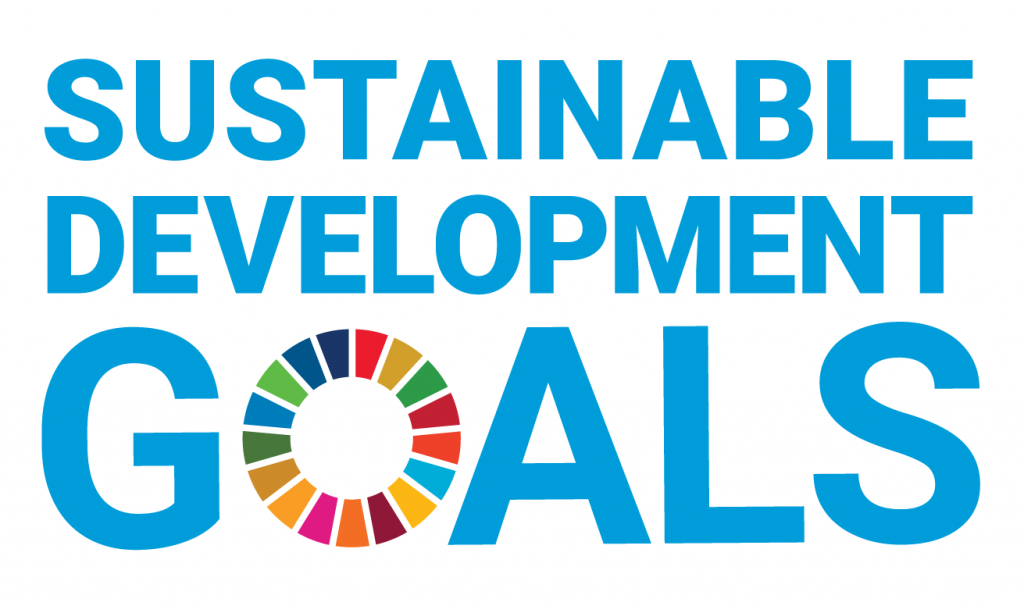Our work in the context of the UN SDG
Pallium India’s work in the context of the United Nations Sustainable Development Goals (UN SDG)
The 2030 Agenda for Sustainable Development, adopted by all United Nations Member States in 2015, provides a shared blueprint for peace and prosperity for people and the planet, now and into the future. At its heart are the 17 Sustainable Development Goals (SDGs), which are an urgent call for action by all countries – developed and developing – in a global partnership.
Pallium India’s activities are in line with four of the 17 SDGs to transform our world by 2030.
GOAL 3: Ensure healthy lives and promote well-being for all at all ages
Recognising that health is not merely the absence of disease, but a state of complete physical, mental and social well-being, Pallium India provides physical, psycho-social and spiritual support to the people with serious health-related suffering, across the continuum of care.
Read: WHO’s definition of health
We deliver palliative care to beneficiaries in and around Trivandrum, with the help of doctors, nurses, social workers, community volunteers and others, through home care visits as well as our inpatient, outpatient and Tele-Health facilities. The involvement of volunteers is instrumental in identifying people who may otherwise be left out of the system and reaching where they are, when they need us.
We attend to the needs of families, caregivers and invisible patients who surround the care recipient, to the best of our ability. Care does not end after the death of an individual, but continues in the form of bereavement support to the family members.
In areas across India where we do not directly deliver palliative care, we collaborate with other organizations, enriching and supporting each other in the process.
GOAL 1: End poverty in all its forms everywhere
As per the Lancet 2018, 6:180-192, Catastrophic out-of-pocket health expenditure pushes 55 million Indians below poverty line every year.
When there is a sick member in the family, especially when she/he is the bread-winner, the income grinds to a halt. Children are forced to drop out of schools to help out. The repercussions of this may impact generations, especially in the case of people from lower socio-economic backgrounds.
Pallium India provides assistance to these disease-ravaged families to help them tide over the situation. In addition to raising funds for specific needs including children’s education, we gather information about the different government schemes that they can avail and, if needed, we do the necessary work to avail these schemes / facilities.
Another important activity is rehabilitation: patients and family members are taught any trade / cottage industry that they are interested in so they can earn a small income even within their limitations.
GOAL 2: End hunger, achieve food security and improved nutrition and promote sustainable agriculture
When the sole earning member of a family falls sick or becomes a caregiver, the family’s sustenance itself becomes a question. Children and adults starve and become undernourished or malnourished, and this in turn could lead to more diseases.
Our monthly food kit & essential supplies program supports several such families during their difficult times. More and more families who need this aid are identified each month and arrangements made.
GOAL 4: Ensure inclusive and equitable quality education and promote lifelong learning opportunities for all
The Education and Skill building division provides training to Doctors, Nurses, Care Givers, Families and volunteers on Palliative care. Training is provided both in classroom and virtual education mode and over the years we have trained nearly 6000 stakeholders in health care.
When illness ravages families and treatment costs drive them to poverty, one of the first sacrifices they end up having to make is in the education of their children. Unable to pay their school fees or to help earn an income, children drop out of schools.
We offer educational support in the form of tuition fees and other items like phones for online classes, notebooks, pens etc. to prevent these children from discontinuing their studies. This support continues till they complete Standard 12, followed by career guidance, and in specific cases, financial support for professional education is offered, as well.







